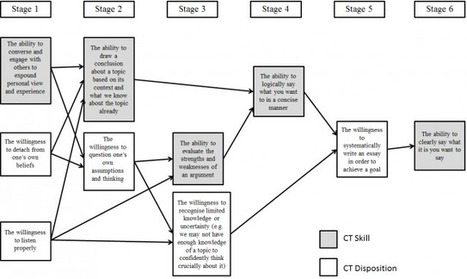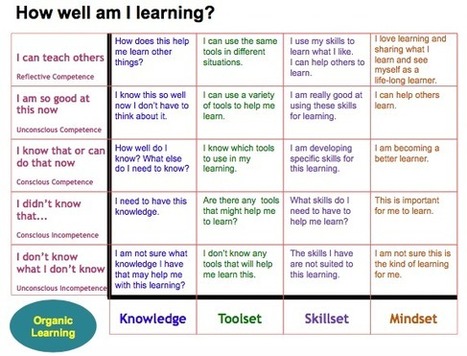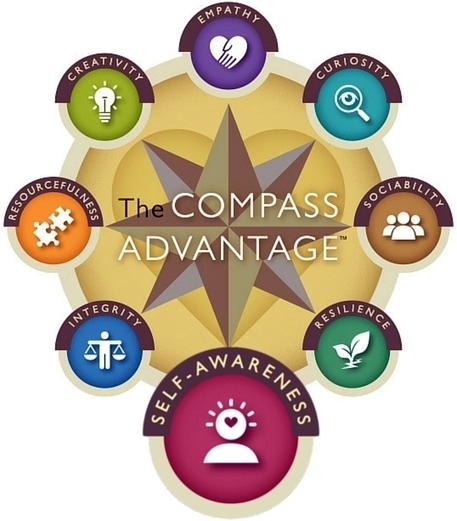Strategies that target students’ metacognition—the ability to think about thinking—can close a gap that some students experience between how prepared they feel for a test and how prepared they actually are. In a new study, students in an introductory college statistics class who took a short online survey before each exam asking them to think about how they would prepare for it earned higher grades in the course than their peers—a third of a letter grade higher, on average. This low-cost intervention helped students gain insight into their study strategies, boosting their metacognitive skills and giving them tools to be more independent learners.
Research and publish the best content.
Get Started for FREE
Sign up with Facebook Sign up with X
I don't have a Facebook or a X account
Already have an account: Login
Literacy in a digital education world and peripheral issues.
Curated by
Elizabeth E Charles
 Your new post is loading... Your new post is loading...
 Your new post is loading... Your new post is loading...
Andrew J Gibson's curator insight,
April 4, 2016 10:12 AM
This is probably one of the most fundamentally important areas of education. 
Norman René Trujillo Zapata's curator insight,
April 4, 2016 11:26 AM
This is probably one of the most fundamentally important areas of education. 
Amanda McAndrew's curator insight,
April 4, 2016 11:42 AM
This is probably one of the most fundamentally important areas of education. |

Carole Hunter's curator insight,
October 10, 2016 10:46 AM
Contains rubrics both for ourselves as educators, but also for students. How well are we learning?

Dr. Helen Teague's curator insight,
October 11, 2016 2:49 PM
Don't often see a rubric specifically for metacognition: Rubric for Deeper Thinking About Learning
|


















